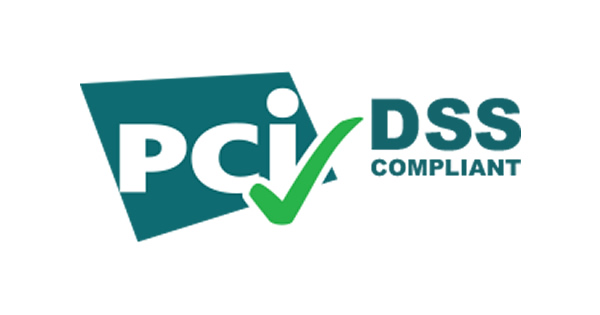Home / Areas of Law / Libel
Libel is a type of defamation that involves written or published false statements that harm a person’s reputation. It is a serious issue that affects many individuals, including public figures such as celebrities.
Insurance Information Institute
Here are some key points to help you understand what libel is and why it matters:
Definition: Libel refers to false statements that are written or published and harm a person’s reputation. This can take the form of written articles, posts on social media, or any other type of publication.
Impact: Libel can cause significant harm to a person’s reputation and may even result in financial losses. This is especially true for public figures, whose careers can be negatively impacted by false statements.
Evidence: In order to prove that a statement is libelous, it must be shown that the statement was false, and that it was published with the intention of harming the person’s reputation.
Consequences: If someone is found guilty of libel, they may be required to pay damages to the person who was harmed by the false statement. Additionally, they may also face legal penalties, such as fines or even jail time in some cases.
Libel is a serious issue that can have a significant impact on a person’s reputation and career. If you are concerned about false statements being made about you or if you have made potentially false statements about someone, it is important to seek the advice of a lawyer who can help protect your rights.
New York Times v. Sullivan (1964)
In this landmark case, the Supreme Court of the United States held that a public figure must prove actual malice in order to recover damages for a defamatory statement. In this case, the New York Times had published an advertisement that included false statements about the arrest and treatment of civil rights demonstrators in Montgomery, Alabama. The Supreme Court held that the First Amendment protected the newspaper’s right to publish the advertisement, as long as it did not publish with actual malice or reckless disregard for the truth.
Masson v. New Yorker Magazine (1991)
In this case, a psychoanalyst sued the New Yorker Magazine for defamation over an article that quoted him as saying things he did not actually say. The Supreme Court of California held that the magazine was liable for defamation, as the quotations in the article were not substantially true and were made with actual malice.
McDonald’s Corp. v. Steel & Morris (1997)
In this case, two British environmental activists wrote and distributed a leaflet that claimed that McDonald’s was responsible for destruction of rainforests, exploitation of workers, cruelty to animals, and other environmental and social ills. McDonald’s sued the activists for libel and won the case in the UK, with the court finding that the claims in the leaflet were false and defamatory. The activists were ordered to pay damages to McDonald’s and to publicly apologize for their false statements.
This case illustrates the potential consequences of making false and defamatory statements about a business or corporation, as well as the importance of carefully checking the accuracy of statements before publishing them.
If you are concerned about false statements being made about you, there are a number of benefits that our legal plans can offer to help protect your rights. These include:
Do not waste time! It is important to seek the advice of a lawyer who can help protect your rights. With their knowledge and experience, they can help you navigate this complex issue and ensure that your reputation is protected.

Once you become a member, you can consult with libel lawyer in your area or the area you need assistance with in addition to utilizing all the legal plan benefits.


Share this page

We have successfully offered prepaid legal services to individuals, families, small and large employers for more than 25 years.
All rights reserved.
Stay up-to-date with the latest benefits, legal news and ways to maximize the legal plan.